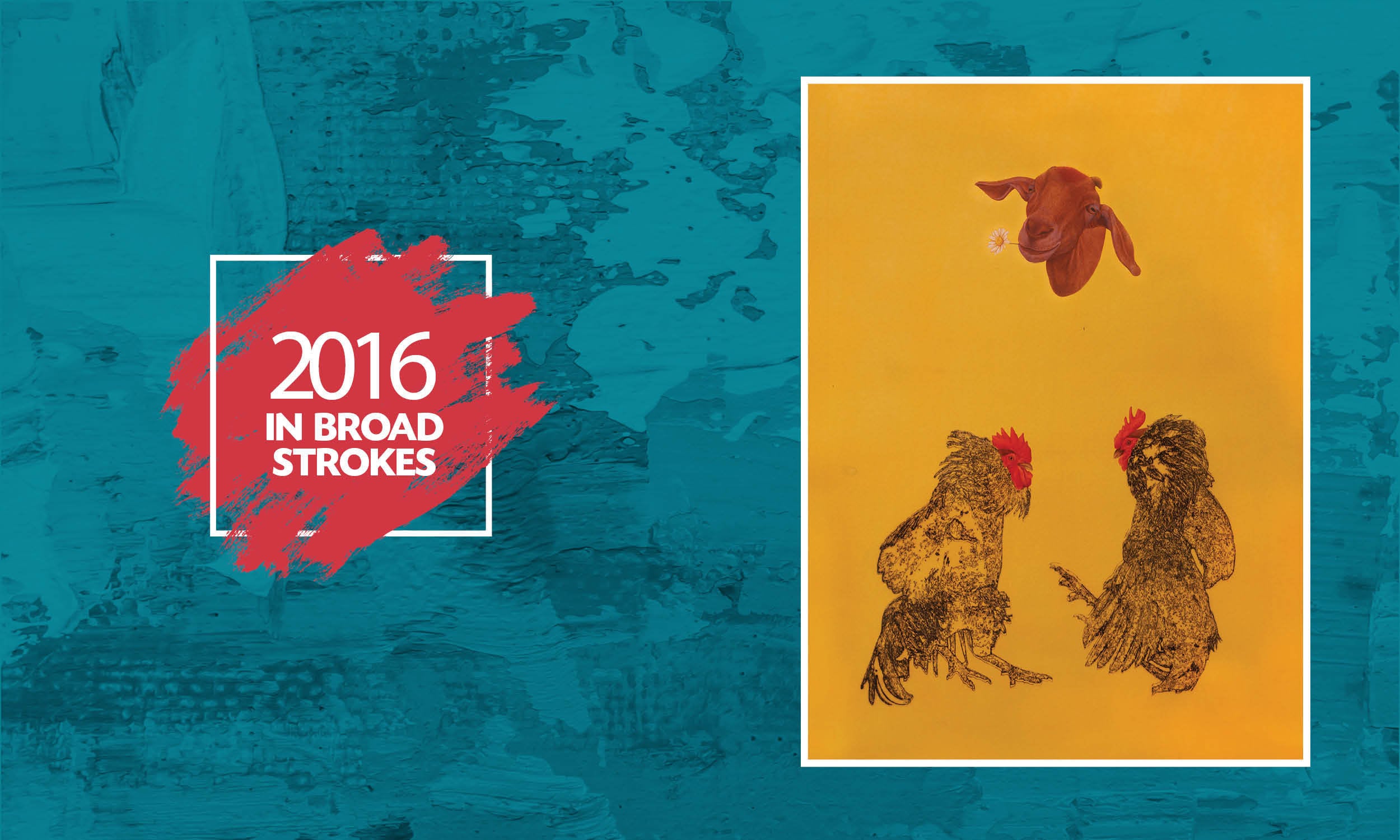
I was 12 years old at the time of Partition, living in Bombay where the earlier secular environment began to be polluted by aggressively assertive hordes of Gandhi-capped, lathi-wielding youths parading in the streets, shouting slogans of proud Hindu nationalism. What should have been a time of celebration when the British flag came down, turned to a time of trouble: at the centre of the new tricolour that went up was Ashoka’s chakra, which, being associated with the (originally) Hindu Emperor Ashoka who had ruled some 200 years before the Christian era, symbolically consigned such other empires as the Mughal and the British into a national amnesia.
We were now invited to be proud of our real heritage. The pollution worsened, the air filled with cries of Bharat mata ki jai (long live Mother India). For me, Independence was a loss of freedom, a trauma so severe that much of my writing, even to this day 70 years later, has the subtext of exile, the pain of being cast out of Paradise.
What that early experience of personal loss revealed to my mind was that religions, which lured followers with such fantasies as salvation or an eternal afterlife or reincarnation, were despotic tyrannies that preferred the populace to march in step as an unthinking stupid mass. For them, the intellectual individual was a threat and was to be ostracised by being branded with a scarlet letter that showed him to the world to be a heretic or an atheist or a blasphemer.

From Socrates and Galileo to Salman Rushdie, there is a list of extraordinary individuals who had more wisdom and knowledge to impart than any Pope or Ayatollah, but with each, the offended high priest, incapable of answering legitimate criticism with a rational defence, could only pronounce a fatwa.
In the first post-Partition years, however, when the secular Bombay of my childhood had begun the transition to a Maharashtrian city that would ultimately rename it Mumbai, the idea of Pakistan as proposed by Jinnah seemed a beacon of freedom even for those Muslims who, like my family, could not immediately go there. It was there, beaming its bright light to illuminate the passage from India to anyone who needed to escape bigotry and discrimination and live as a free individual, Muslim or not. But that was nearly 70 years ago. That light has long been extinguished.
The news from Pakistan the world now sees is of a country run by corrupt politicians and military opportunists who are powerless to stop intolerant priests from indoctrinating children to blow themselves up as suicide bombers. Though created to guarantee freedom to Muslims, Pakistan has become a country where Muslim Sunnis kill Muslim Shias or attack Muslim Sufi shrines and where Ahmadis are declared to be non-Muslim.
Where religion should remain each individual’s private concern, Pakistan has had the misfortune to be periodically governed by unscrupulous dictators who exploited the majority, which they kept uneducated, by championing religious dogma to command their unquestioning support. Blasphemy laws are nothing more than institutional bullying by the state to maintain that unquestioning support.
The country was piously renamed the Islamic Republic of Pakistan, a contradiction in terms, for the defining exclusiveness of ‘Islamic’ makes the Republic a nation for only a part of its people and fails to protect such minorities as Christians or Hindus, should any believer bring charges of blasphemy against them, and therefore it is a plain lie to call it a Republic.
One of the worst newscasts I have had the sadness to see of my native land showed lawyers showering rose petals on an assassin (executed on court orders on February 29, 2016). They were celebrating his 2011 killing of Punjab Governor Salman Taseer for harbouring the ‘un-Islamic’ notion of repealing the country’s blasphemy laws. (Aasia Bibi, the Christian woman whose trial on blasphemy charges had directed Taseer’s attention towards these laws, remains on death row, awaiting the hearing of her appeal.)
My imagination did a double take: I was again looking at the Gandhi-capped hooligans.
They must feel very insecure about the correctness or validity of their ideas who need to protect themselves against any reasonable criticism from another human being by having the state enact laws that suppress the expression of criticism while sanctioning the glorification of primitive prejudice. Should it be thought that these remarks on blasphemy are themselves an expression of blasphemy, my position as an observer of human folly is no different from that of the highway patrol who, spotting a car go speeding past, must himself break the legal speed limit in order to fulfil his duty to arrest the lawbreaker.
This article was published as part of a special editorial project '2016 In Broad Strokes' for the Herald's Annual 2017 issue. To read more subscribe to the Herald in print.
The writer is the author of The Murder of Aziz Khan along with several books of fiction and poetry.
The artist is a faculty member at the Indus Valley School of Art and Architecture.






